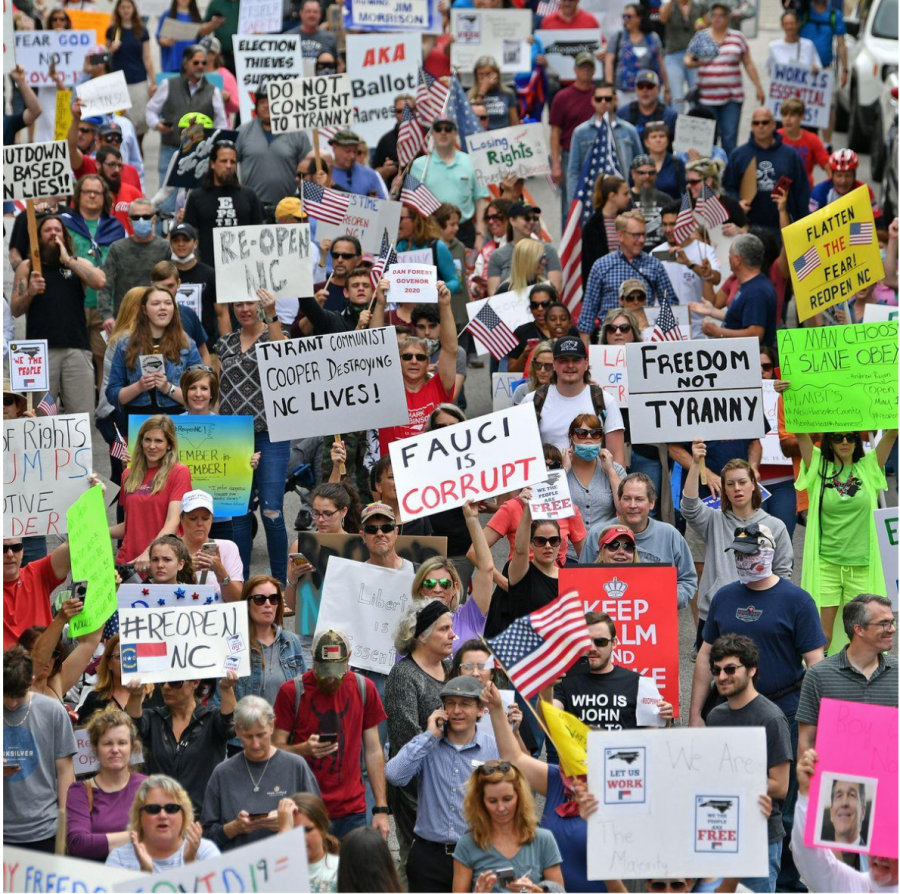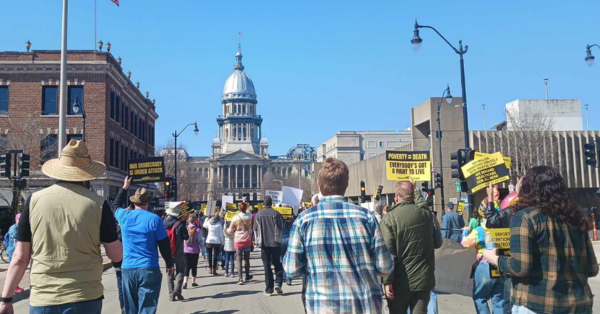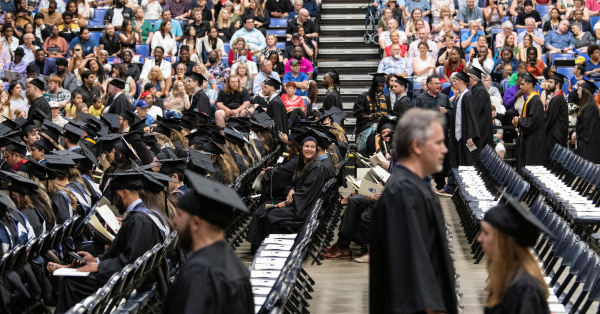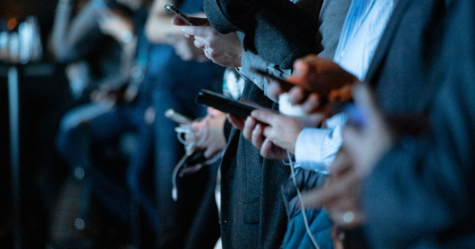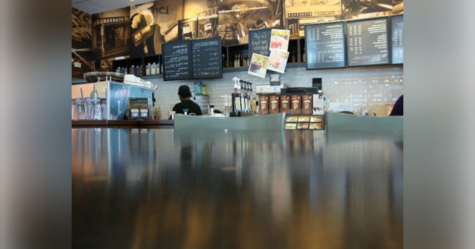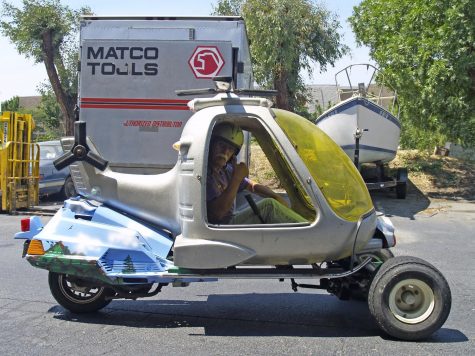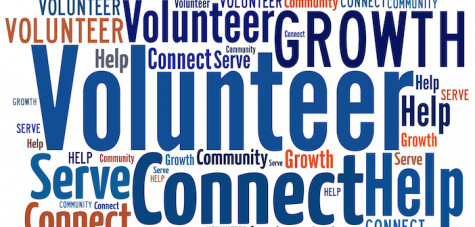America’s Lockdown Protests are Politically Charged, Harmful and Counterproductive
Nationwide, there are groups of people congregating with bullhorns and signs to vehemently protest state-to-state coronavirus lockdowns. Some have already occurred in Illinois, Texas, California and other regions, while bigger demonstrations are set to occur in May. One thing that observers have quickly noticed is that these protests are politically charged and, ironically enough, counterproductive. Such intense demonstrations exemplify larger ideological issues within the country that not only pose a threat to the well-being of millions of Americans but also impede the ability of the collective to unify and move forward in times of crisis.
What seems to be the primary concern for anti-lockdown protestors is the economic devastation that has left millions of Americans unemployed and countless businesses struggling without financial stability. It should be acknowledged that a full economic collapse, while improbable in the U.S., could be a legitimate concern in the face of such a troubling decline. With that being said, however, there are plenty of less legitimate complaints being made by demonstrators, comparing the quarantines to slavery, communism and conspiracy. Some still believe that the coronavirus is a hoax, others claim that vaccines will be more deleterious than the virus and many protestors think that governors are creating these mandates in an attempt to unjustly or disproportionately take away one’s freedom. Although extreme and less ubiquitous among demonstrators than the economy-focused argument, these claims are dangerous and interfere with the country’s ability to rebuild itself.
The American people’s unrelenting fixation on freedom and irreparable distrust of the system, combined with polarization and state sovereignty, work together to create a recipe for disaster when cohesion is needed to resolve a crisis. In other words, part of the reason the United States has had one of the worst coronavirus responses in the world has to do with an inability to stop pointing fingers or transcend politics, even in the face of adversity, so that the long-term good of the collective supersedes the short-term good of the individual. Congregating in groups to protest the shelter-in-place mandate will not only fail to accomplish any sort of change in the legislation, but it will also, again ironically, prolong those restrictions by exacerbating the spread of the virus at a critical point in time. While it is important to mitigate economic damage, the lives of the American people and the preservation of the already-fragile healthcare system come first in a lethal pandemic. Essential functions will not cease, and the economy will not collapse under an extended shelter-in-place order.
Former U.S. President Barack Obama, when interviewed by ABC News, said the following about how he believes this country should respond to the coronavirus: “…The main thing is to just move away from this hyper-political environment and recognize the house is on fire; let’s put the fire out first and [then] we can figure out what caused it.” It is difficult to appraise and mitigate the damage of a house if it is still currently on fire. Regardless of party affiliation, any political uprising can, and should, wait until the worst pandemic since 1918 has stopped ravaging the nation. Once the fire is extinguished, so to speak, the array of damages and secondary issues can be dealt with properly.

